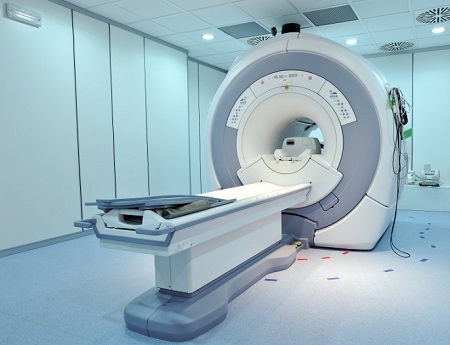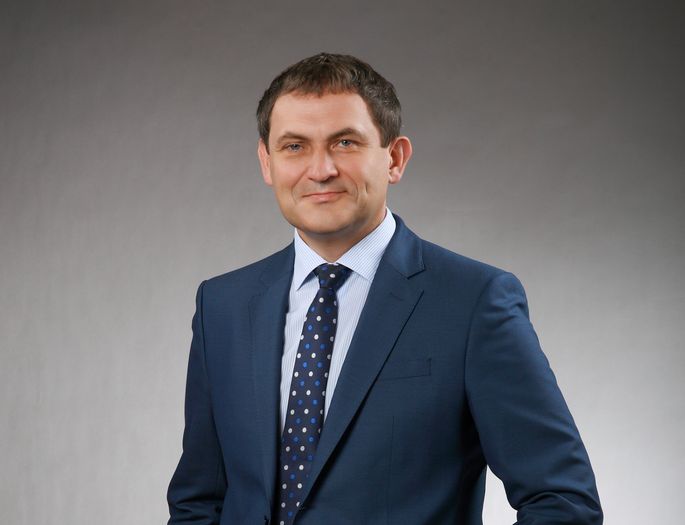
JU researchers working under the supervision of Prof. Paweł Moskal and Prof. Ewa Stępień in collaboration with scientists from the National Centre for Nuclear Research have published the results for their study project on image reconstruction algorithms for a unique PET scanner assembled at the JU Faculty of Physics, Astronomy and Applied Computer Science. It is the next step towards introducing a new type of PET scanners to hospitals.
The results of the research were published in Medical Image Analysis and Physics in Medicine & Biology.
Positron Emission Tomography (PET) is a non-invasive method of visualising and measuring metabolic processes. It is used chiefly to detect cancer, even at its earliest stages. PET scanners currently used in hospitals are able to scan the entire body, but in order to do that, it is necessary to acquire several images of its parts.
The aim of the Jagiellonian PET project (J-PET) is to develop a device capable of scanning the entirety of a patient’s body at the same time. It could serve not only as a tool for locating cancer, but also determining the level of its malignancy and investigating the dynamics of metabolism and drug distribution. The machine is based on a technology developed at the Jagiellonian University by an interdisciplinary and international group including physicists, chemists, electronic engineers, computer scientists, quantum information physicists as well as bio and medical physicists. J-PET is a unique and innovative solution that will allow for the introduction of treatment methods based on precise diagnostics that will be continually improved at the JU Centre for Theranostics (a combination of therapeutics and diagnostics: a new approach to medicine focused on developing new technological solutions for simultaneous detection and treatment of diseases).
Reconstruction algorithms are a key element when it comes to processing the data registered by PET into an image of a patient’s metabolic processes that can be further analysed by doctors. In comparison to currently used algorithms, the one developed by the J-PET group allows for 1.5 times greater precision.
For a detailed description of the J-PET technology, please visit the project’s website.





